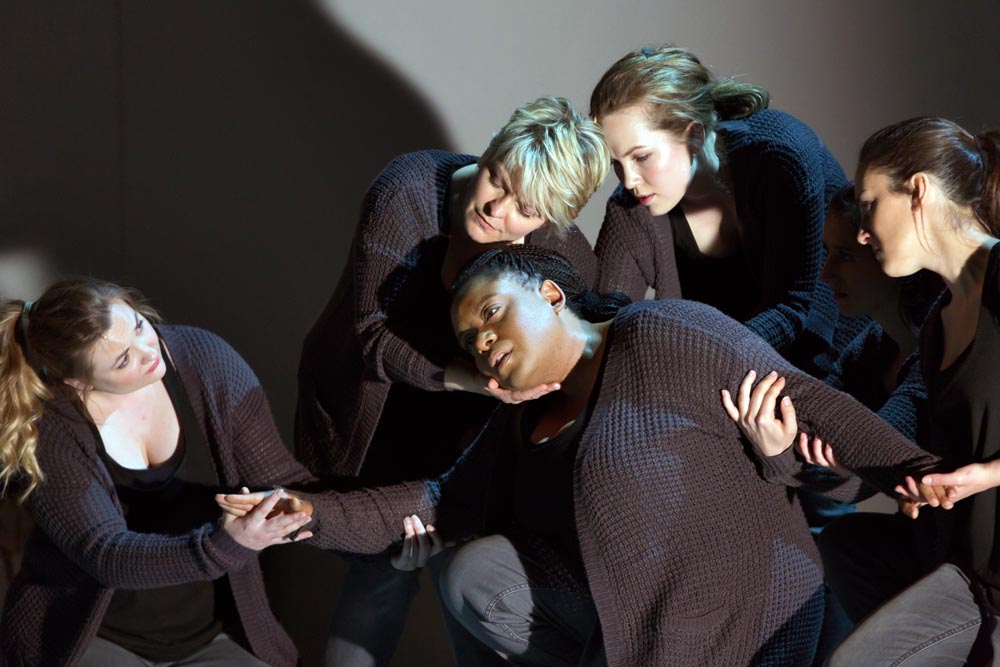4.48 Psychosis was the astonishing final work of the radical British playwright Sarah Kane, first performed posthumously in 2000. Detailing the experience of clinical depression, the play harrowingly reveals, through poetry, anger and dark humour, an individual’s struggle to come to terms with their own psychosis, the numbers in the title referring to the time in the early morning when clarity and bleak despair strike together.
This award-winning operatic adaptation of Kane’s play is the first ever permitted musical adaptation of any of her work. The search for love and happiness and the struggle for identity are explored through a fusion of opera with spoken and visual text, bringing a new resonance to the last creative utterances of one of the most courageous young British writers of her generation. The opera was first presented in 2016 by the Royal Opera in London, in a production by Ted Huffman, and has subsequently seen productions in London, New York City, Strasbourg, Dresden, Munich, Mainz and Paris. The opera was shortlisted for an Olivier Award for Best Opera in 2017 and was chosen as one of the best operas of 2019 by The New Yorker Magazine, and was highlighted as one of the most groundbreaking operas of the decade by The Times Literary Supplement.
Details
4.48 Psychosis was written as part of the Doctoral Composer in Residence programme between the Guildhall School of Music & Drama and the Royal Opera House Covent Garden.
Text: Sarah Kane
Duration: 90 minutes, no interval, in 24 short scenes.
Text is in english, but foreign-language versions can be prepared (French, Italian). A German version is available from the publisher.
Cast: 3 sopranos, 3 mezzo-sopranos
Ensemble, 12 players: alto flute + picc, 3 saxes (all sop+bar), piano+synth with organ pedalboard, accordion, 2 percussion (female solo roles, some playing from memory), vln+vla, 2 vla, bass.
Percussion: two bass drums, woodsaw & wood, other standard orchestral percussion.
Sound dispersion: All singers and ensemble amplified. 1 stage speaker (central), surround sound in auditorium, click tracks to ensemble.
Projection, single projector required.
A significant amount of pre-recorded material must be recorded with the cast.
Archive video available on request.
Published by Ricordi Musikverlag GmbH
Buy Score
Hire performance materials
Awards
Royal Philharmonic Society Award for Best Large-Scale Composition 2017 — winner
UK Theatre Award for Best Opera 2016 — winner
British Composer Award for Stage Works 2016 — winner
Olivier Award for Best Opera Production 2017 — shortlisted nominee
Sky Arts South Bank Award for Best Opera Production 2017 — shortlisted nominee
Press
The Independent.
“Where this first-ever operatic setting by Royal Opera House Guildhall composer-in-residence Philip Venables succeeds is through simple honesty. With a score ranging guilelessly from motoric arrhythmia to wispy renaissance, director Ted Huffman and team attempt neither dramatic adornment nor explanation but allow the text to breathe within a kaleidoscope of inner-outer conflict. […] Duelling percussionists parley in a doctor-patient morse code. A tapestry of strings, accordion and saxes evoke polyphonies of yearning, while tenderly but inexorably we encounter hopeless recesses of the mind. Knowledge of Kane’s suicide shortly after writing the play can only make this humane and understated piece the more compelling.”
The Telegraph.
4.48 Psychosis opera is rawly powerful and laceratingly honest. “Venables’s high-pitched score is a soundscape that imaginatively penetrates and dramatises the heart of this darkness. Ferocious peremptory drum beats mingle ironically with cocktail-hour smooch broadcast from the radio; the vocal writing veers between monotonous chant and shrieking anguish; and there are even moments of melancholy beauty, when the women harmonise laments for a lost life of beauty, friendship, value. […] This is an urgent message from black-dog hell, and it should not go unheeded.”
The Guardian.
Philip Venables proves he’s one of the finest composers around with an intricate score inspired by Kane’s very personal story of clinical depression. “But the yearning, intricate vocal writing – Monteverdian in its timelessness – poignantly reminds us that depression is also the absence of love. Even in despair, Kane could be a savage ironist, and brassy, postmodern toccatas accompany the endless prescriptions of anti-depressants. The word “silence” was her only stage direction; Venables fills those pauses with distant muzak, among the most unnerving sounds in the work. […] above all, it confirms Philip Venables’s reputation as one of the finest of the younger generation of composers working today.”
The Times.
Every self-harming syllable of Sarah Kane’s angry play is clear as Philip Venables finds a musical vocabulary for the drugs that treat depression. “Chroma’s strings, saxophones, accordion and synthesizer smear and blur in parallel to the drugs, sometimes delicately, sometimes violently… Every self-harming syllable of the text is clear. There are neon-bright salutes to Bartók’s Bluebeard (a blast of Door Five C major), and a lament derived from the Agnus Dei of Bach’s B minor Mass.”
The Observer.
Philip Venables makes Sarah Kane’s final work sing. “The revelation is how Venables has enriched her play through music. He challenges the conventions of opera. Via an array of resources he ambushes and refreshes an old art form. His technique is that of a collagist. Text is variously spoken, projected, amplified, conveyed rhythmically with percussion and sung, often in aria-like lament or chorale outburst. Snatches of Purcell – a mini viola fantasia arrests the action for several moments – and Bach coexist with high-energy funk reminiscent of the late Steve Martland. On reading later that Martland was Venables’s teacher, I can hear that element as a tribute rather than an imitation. I need to know more of Venables’s music to find his own musical identity: my task, not his.”
The Financial Times.
‘Unhinged and chilling’. “Kane’s text is spoken, sung and projected on screens: it seems to emanate from everywhere. But Venables’ achievement is bigger than that. He manages to enhance Kane’s groundbreaking format with his own unbuttoned imagination. His score lurches between chattering polyphony, sounds of sawing wood, and post-romantic arias, spiced up with eerie violin shrieks. In the exchanges between patient and therapist, two percussionists thrash out rhythmic speech patterns as the text appears on screens beneath them. Then, when the din fades away, we’re left with the indifferent tinkle of elevator music. It’s unhinged and chilling, albeit laced with Kane’s trademark humour. Most of all, it is dizzyingly colourful.”
The Arts Desk.
A musical dramatisation of Sarah Kane’s classic play finds both pain and consolation. “Picking his way through the chattering textual landscape with infinite care and understanding, cutting little text and adding none, Venables groups the material into genres. The structure that emerges is something like a sketch show; musical and dramatic tropes or textures return again and again, gaining weight and significance cumulatively through repetition and juxtaposition. […] Set against these fixed musical landmarks, stand-alone episodes make far greater impact. An exquisite aria for Clare Presland, sung over a synthesised accompaniment, is equal parts Purcell and pop song, a musical memory that offers a sustained moment of stillness, refusing to give way to the assault of other words and sounds. […] Venables’s orchestration (light on strings, heavy on saxophones and keyboards textures) is spare but telling, cultivating a mechanistic quality even when combining purely acoustic instruments that refuses to sentimentalise the outpourings of Kane’s speakers. Paired with the heady, giddy texture of so many upper voices, the result feels dangerously unanchored, unmoored from bass certainty and support.”
The Spectator.
“Experimentation in the service of absolute emotional precision: Venables’ economical work is one of the most exhilarating operas in years, even while it gives voice to some of the darkest thoughts imaginable.”
Tempo Journal
“I cannot recall having been as powerfully moved by an opera as this, much of it watched with my hand clasped over my mouth.”
Times Literary Supplement
“It has been wonderful to follow the success of Philip Venables’s 2016 adaptation of Sarah Kane’s final play, 4:48 Psychosis. This opera, which dispenses with pretty much every standard operatic precept, except the basic ones of artistic means – sung characters on stage and an orchestra playing with them – has played to audiences in Britain, Germany, France and most recently New York, opening our eyes to what musical theatre is capable of, if you forget pretty much everything you associate with the terms ‘opera’ or ‘musical theatre’.”
Productions of 4.48 Psychosis
2024/25 — Staatstheater Mainz
2023/24 — Bayerische Theaterakademie August Everding, Munich
2022/23 — Semperoper Dresden (revival)
2021/22 — Philharmonie de Paris / Festival d’Automne / Ensemble Intercontemporain
2019/20 — Semperoper Dresden (revival)
2019/20 — Opéra National du Rhin
2018/19 — Semperoper Dresden
2018/19 — Prototype Festival New York City
2017/18 — The Royal Opera at Lyric Hammersmith (revival)
2016/17 — The Royal Opera at Lyric Hammersmith
News about 4.48 Psychosis
-
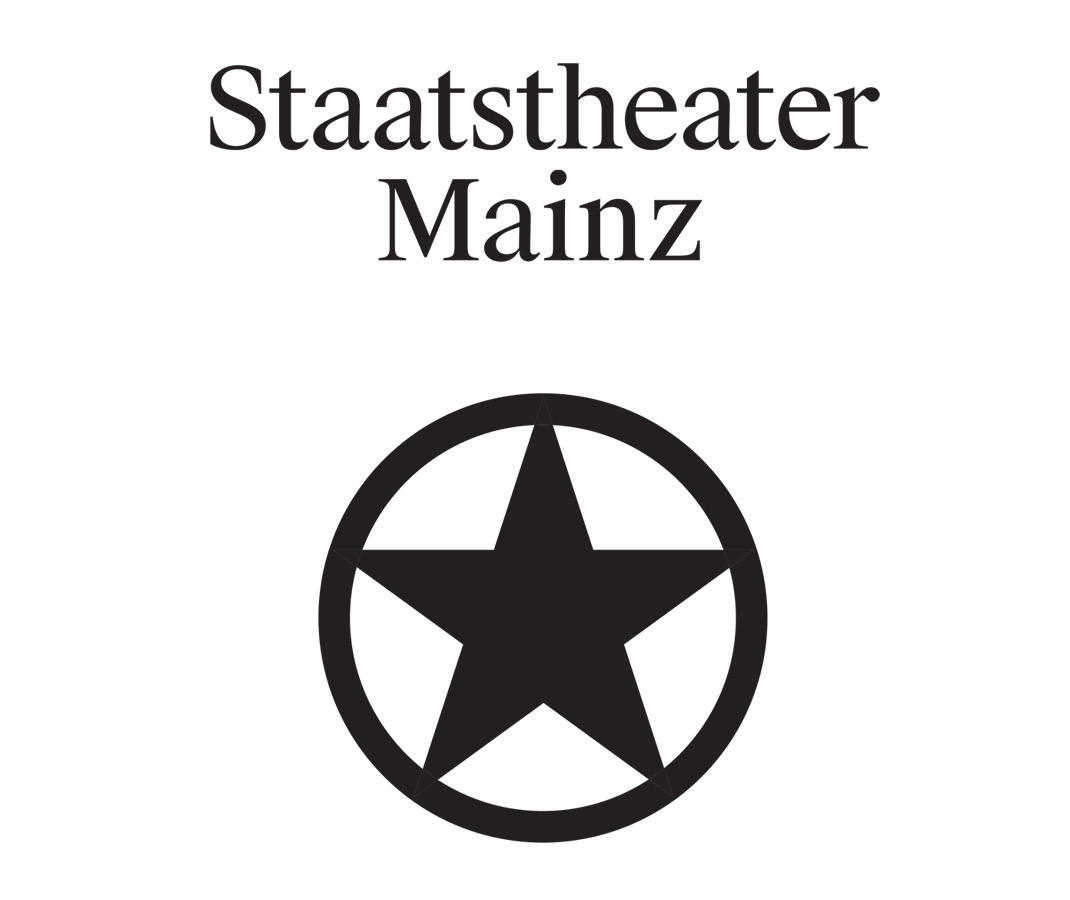
4.48 Psychosis announced at Staatstheater Mainz
Staatstheater Mainz has just announced a new production of 4.48 Psychosis in the 2024/25 season. The production will be directed by Rahel Thiel and conducted by Samuel Hogarth. The premiere…
-
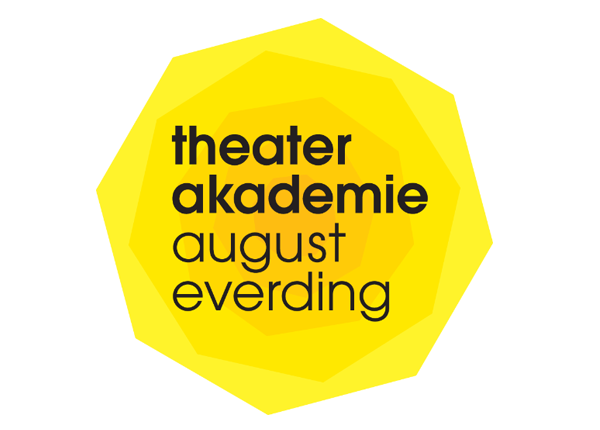
4.48 Psychose announced at the Bayerische Theater-Akademie München
The Bayerische Theaterakademie in Munich has announced a new production this coming autumn of the opera 4.48 Psychose (the german-language version of 4.48 Psychosis, in the translation of the Sarah…
-
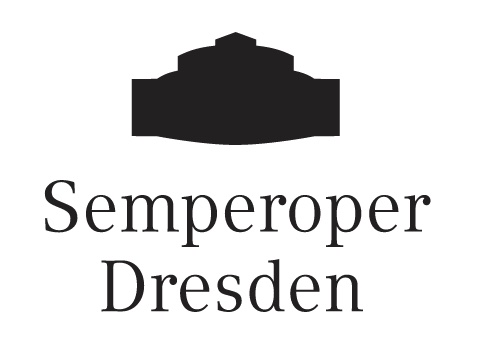
4.48 Psychose revival at the Semperoper Dresden
The Semperoper in Dresden has announced a third run of performances of 4.48 Psychose, postponed from 2021. The opera had its german premiere run at Semper Zwei in April/May 2018,…
-

Two-part interview with Will Davenport / ConnectsMusic
I was delighted to speak to Will Davenport earlier this year about my work in the context of LGBTQI+ issues, particularly focussing on my operas and my work with David…
-
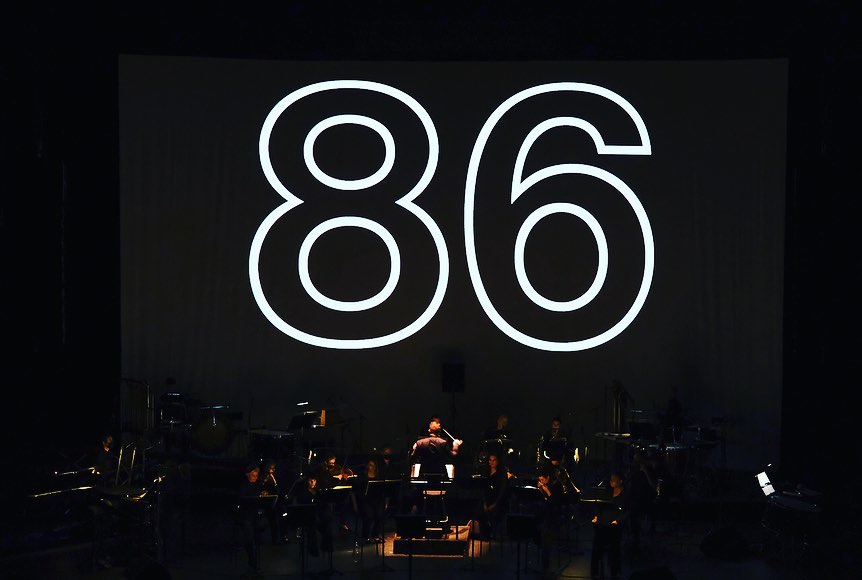
Press images of 4.48 Psychosis in Paris by Quentin Chevrier
Some production images from the Ensemble Intercontemporain concert performance of 4.48 Psychosis, December 2021, at the Philharmonie de Paris as part of the portrait of my work in the Festival d’Automne…
-
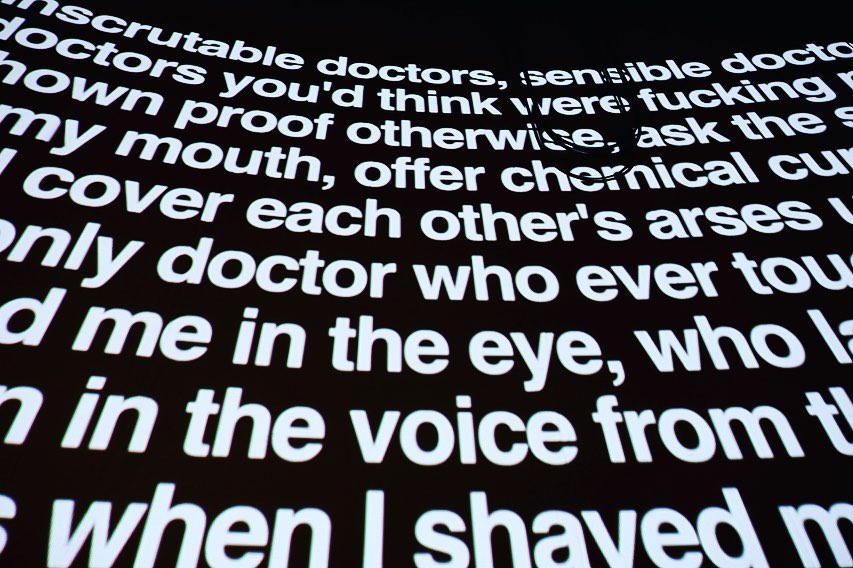
Reviews of 4.48 Psychosis with Intercontemporain / Pintscher
The Festival d’Automne à Paris and Ensemble Intercontemporain gave a concert performance of 4.48 Psychosis on 16th December 2021. The concert was part of the Festival feature about my work,…
-
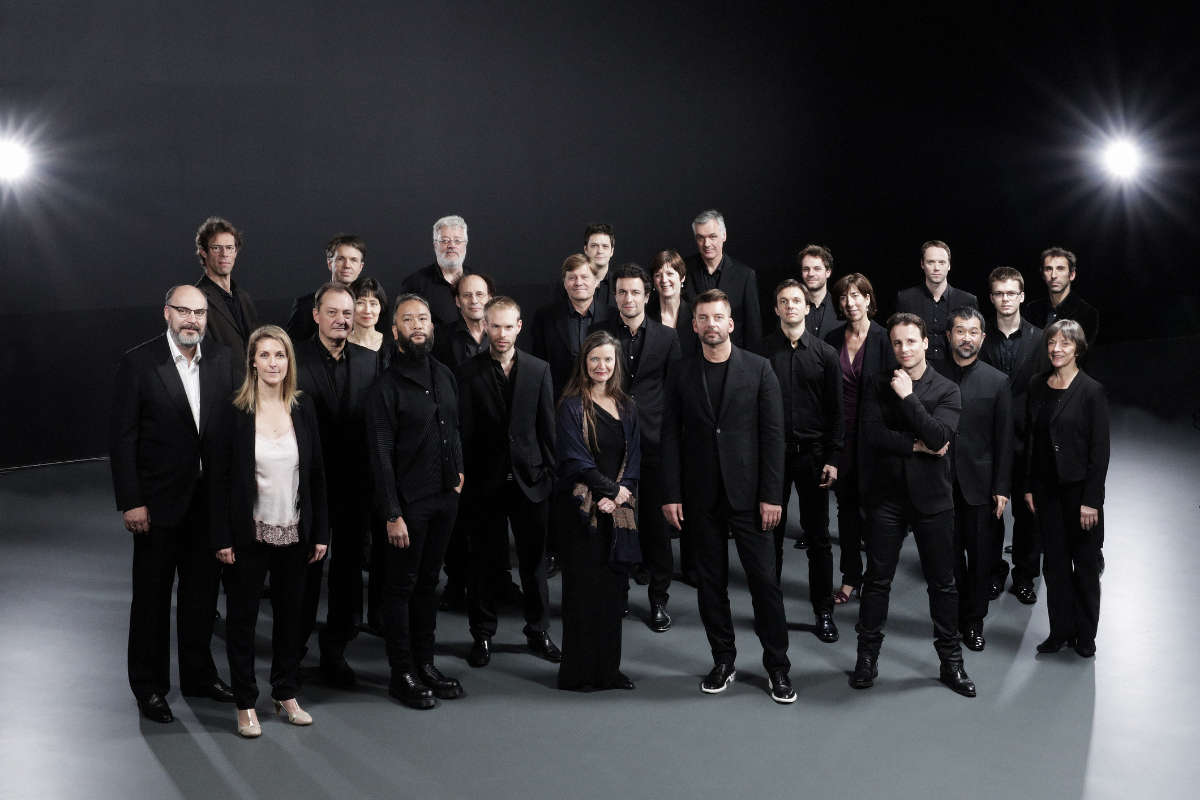
Interview / Trailer video for 4.48 Psychosis
The Philharmonie de Paris have just released this trailer video in advance of the concert performance of 4.48 Psychosis there on Thursday 16th December with Ensemble Intercontemporain, in a co-production…
-

Tempo: interaction between music and text in 4.48 Psychosis
An article about 4.48 Psychosis has just been published in the Tempo journal of new music, written by Tom Crathorne, about the interaction between music and libretto. The full article…
-
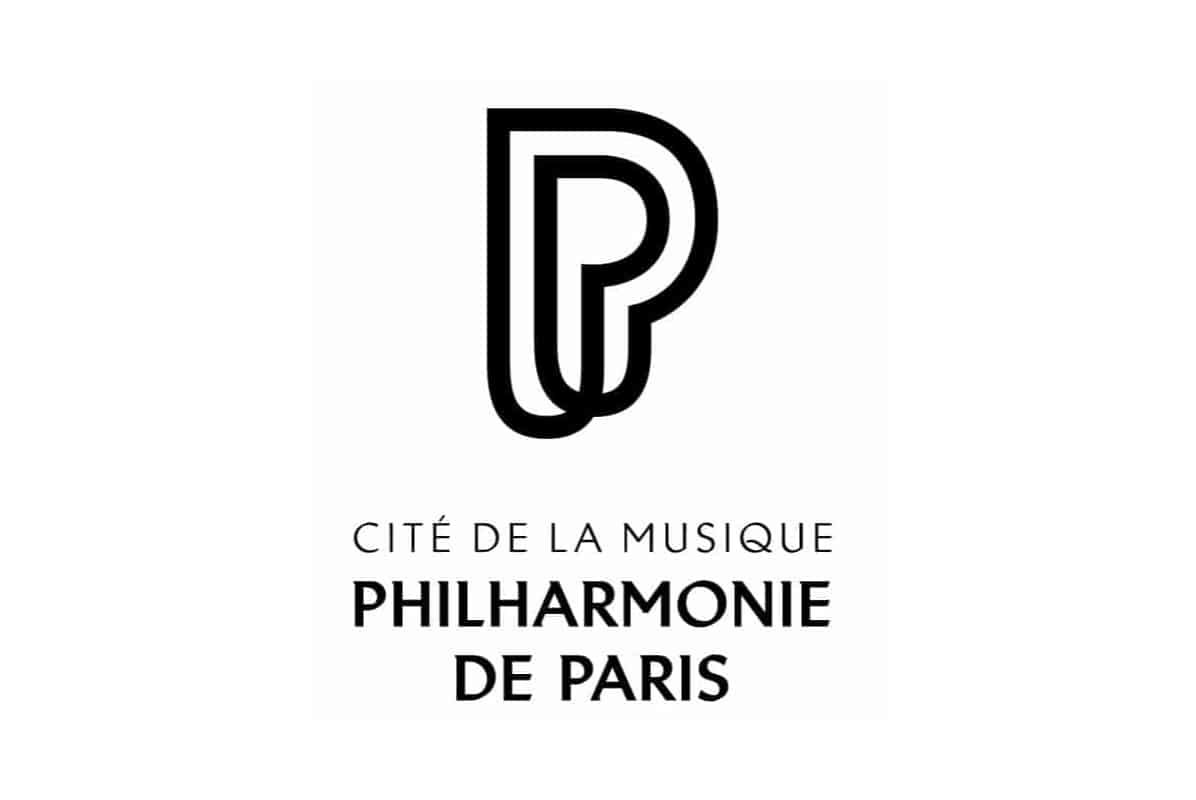
4.48 Psychosis announced at Philharmonie de Paris / Festival d’Automne with Ensemble Intercontemporain
4.48 Psychosis will be performed in concert by Ensemble Intercontemporain on 16th December 2021 in the Cité de la Musique at the Philharmonie de Paris, as part of the feature…
-
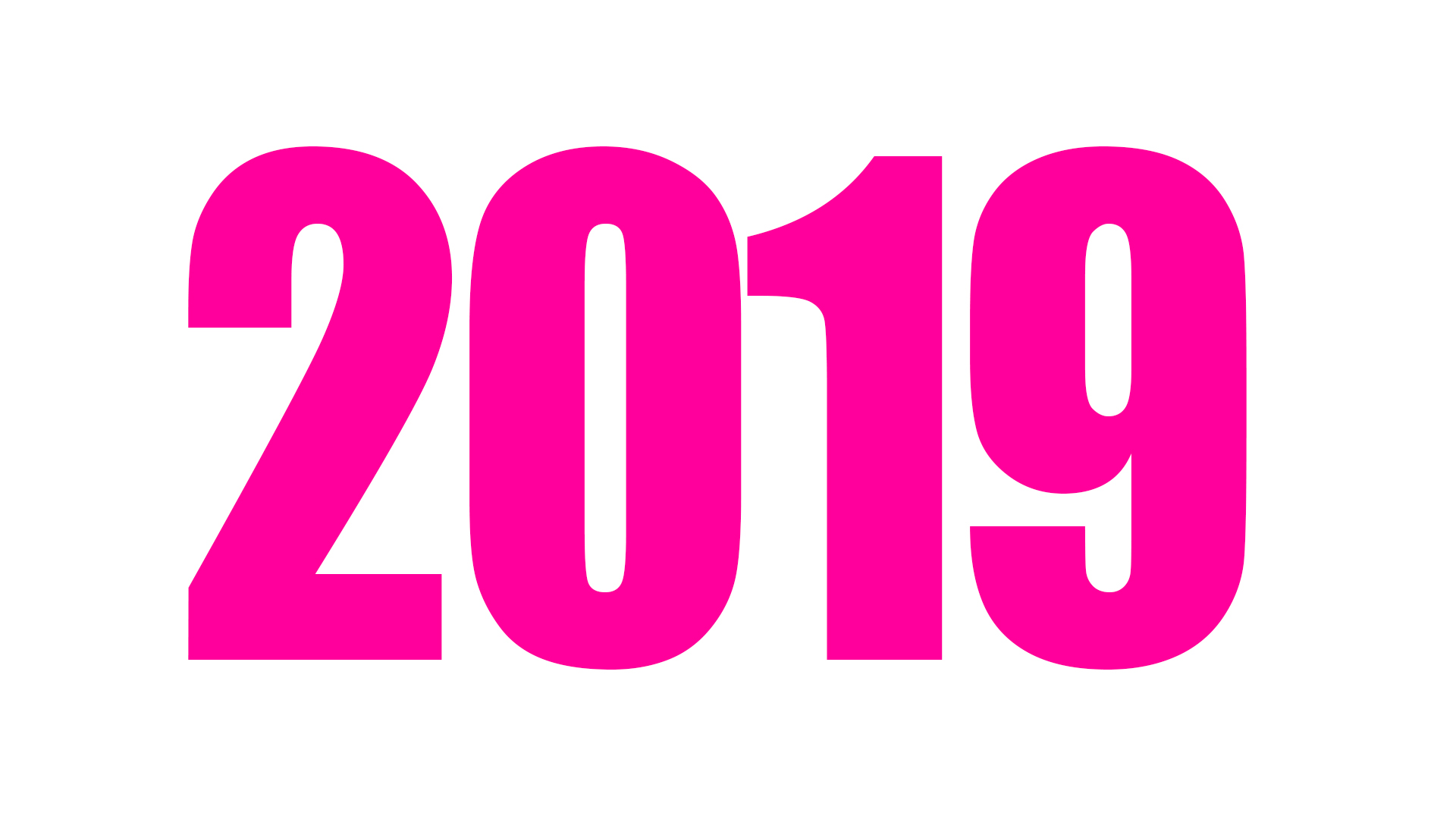
4.48 Psychosis and Denis & Katya among the ‘best of the decade’ or ‘best of 2019’
Both 4.48 Psychosis and Denis & Katya have appeared in a number of ‘Best of 2019’ or ‘Best of the Decade’ lists. Here is a selection: 4.48 Psychosis at the…
-

Press images of 4.48 Psychosis in Strasbourg by Klara Beck
Some production images from the Opéra National du Rhin / Royal Opera production of 4.48 Psychosis, September 2019. Directed by Ted Huffman, Design by Hannah Clark, Video by Pierre Martin,…
-

Marvellous reviews for French debut of 4.48 Psychosis
The French premiere of 4.48 Psychosis took place 18-22 September 2019 at the Opéra National du Rhin in Strasbourg, in collaboration with the Musica Festival. The Royal Opera production was…
-

More dates for 4.48 Psychose in Dresden
Semperoper in Dresden have announced more dates next season for their production of 4.48 Psychose. The opera had its german premiere run in Semper Zwei in April/May this year,…
-
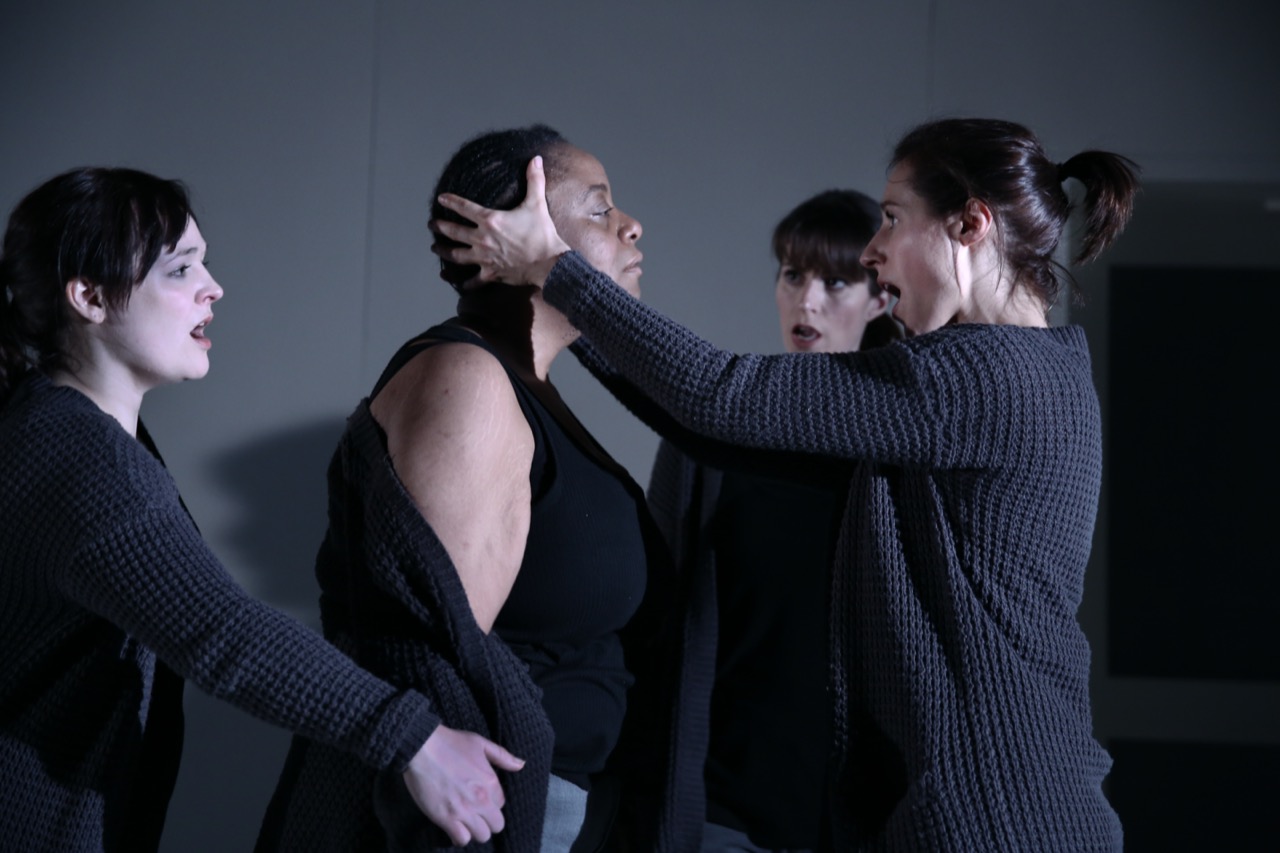
Press images of 4.48 Psychosis in New York City by Paula Court
Some production images from the Prototype Festival / Royal Opera production of 4.48 Psychosis, January 2019. Directed by Ted Huffman, Design by Hannah Clark, Video by Pierre Martin, Light by…
-
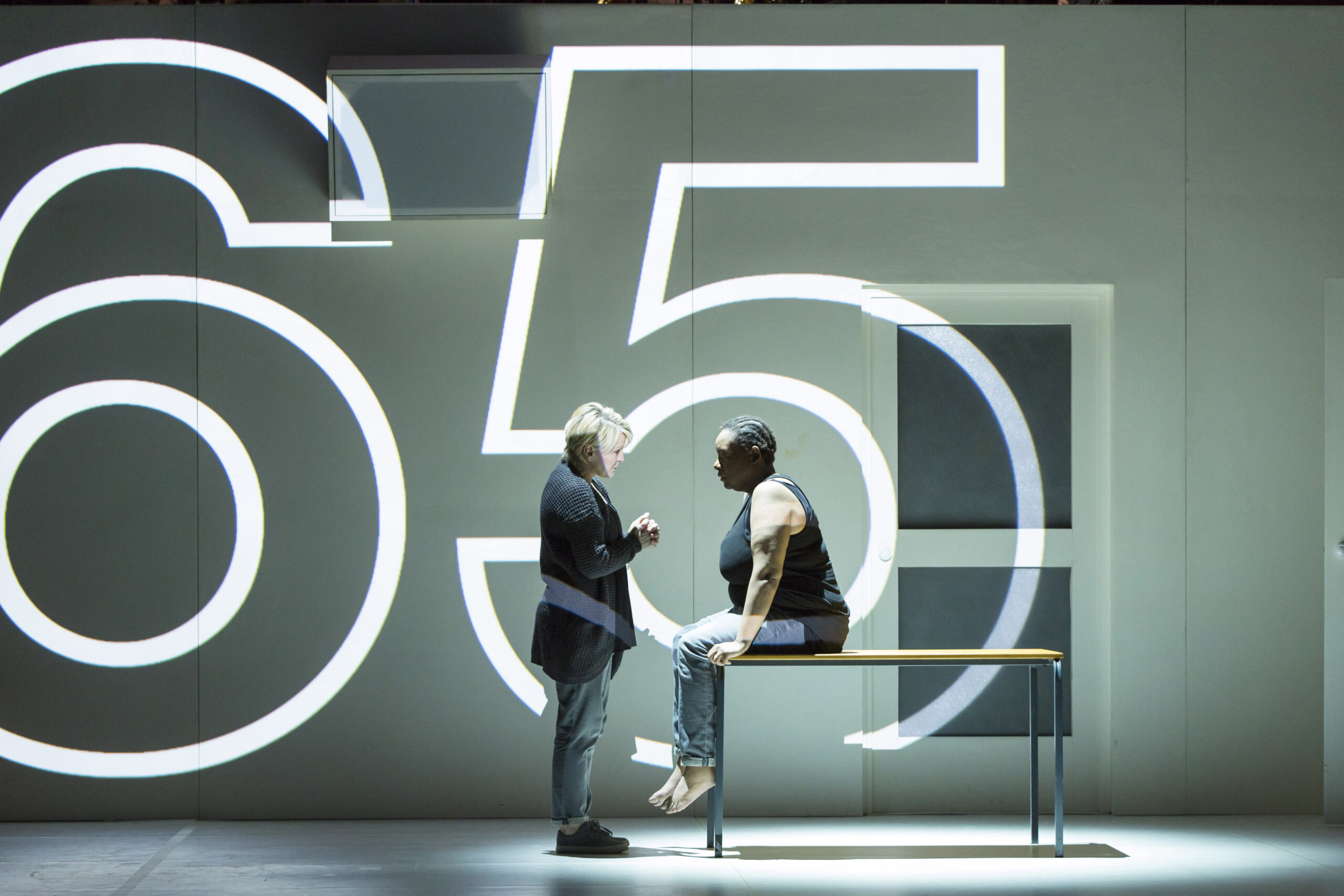
Press images of 4.48 Psychosis / Royal Opera by Stephen Cummiskey
Some production images from the revival of the Royal Opera production of 4.48 Psychosis, May 2018. Directed by Ted Huffman, Design by Hannah Clark, Video by Pierre Martin, Light by…
-
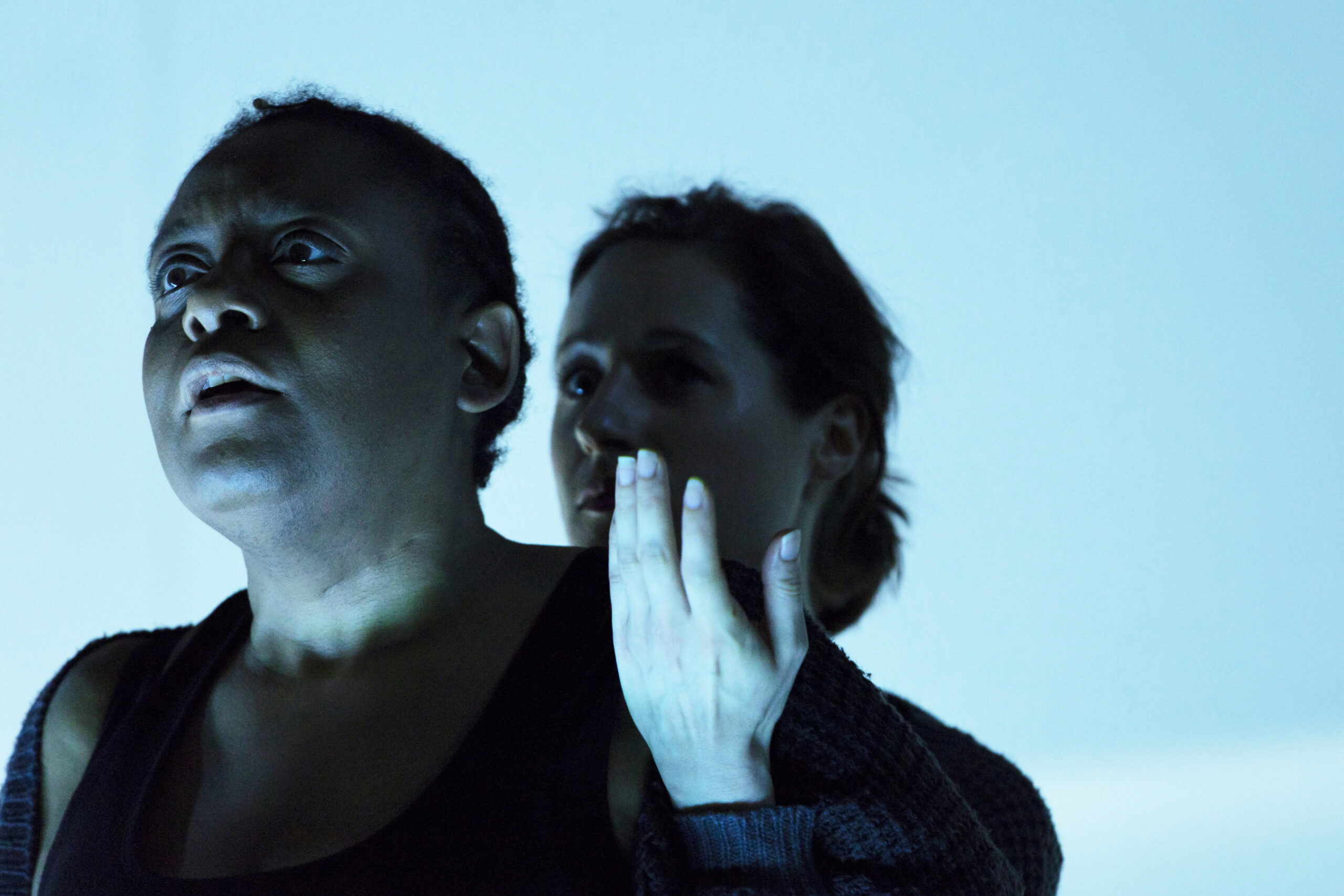
Outstanding reviews for the revival of 4.48 Psychosis
The recent performances of the Royal Opera production of 4.48 Psychosis have come to an end. We didn’t expect much press for a revival, of course, but the reviews there…
-
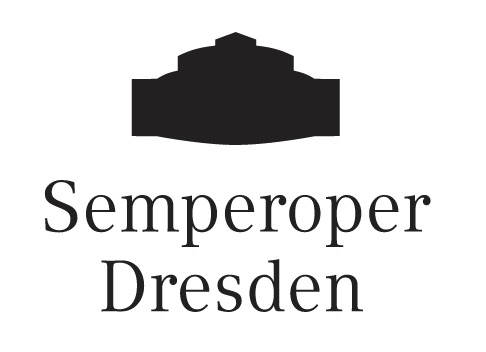
Semperoper announces 4.48 Psychose
4.48 Psychose will gets its premiere at Dresden’s Semperoper Zwei next year. This will be a new version of 4.48 Psychosis in German, based on the official translation of Sarah…
-
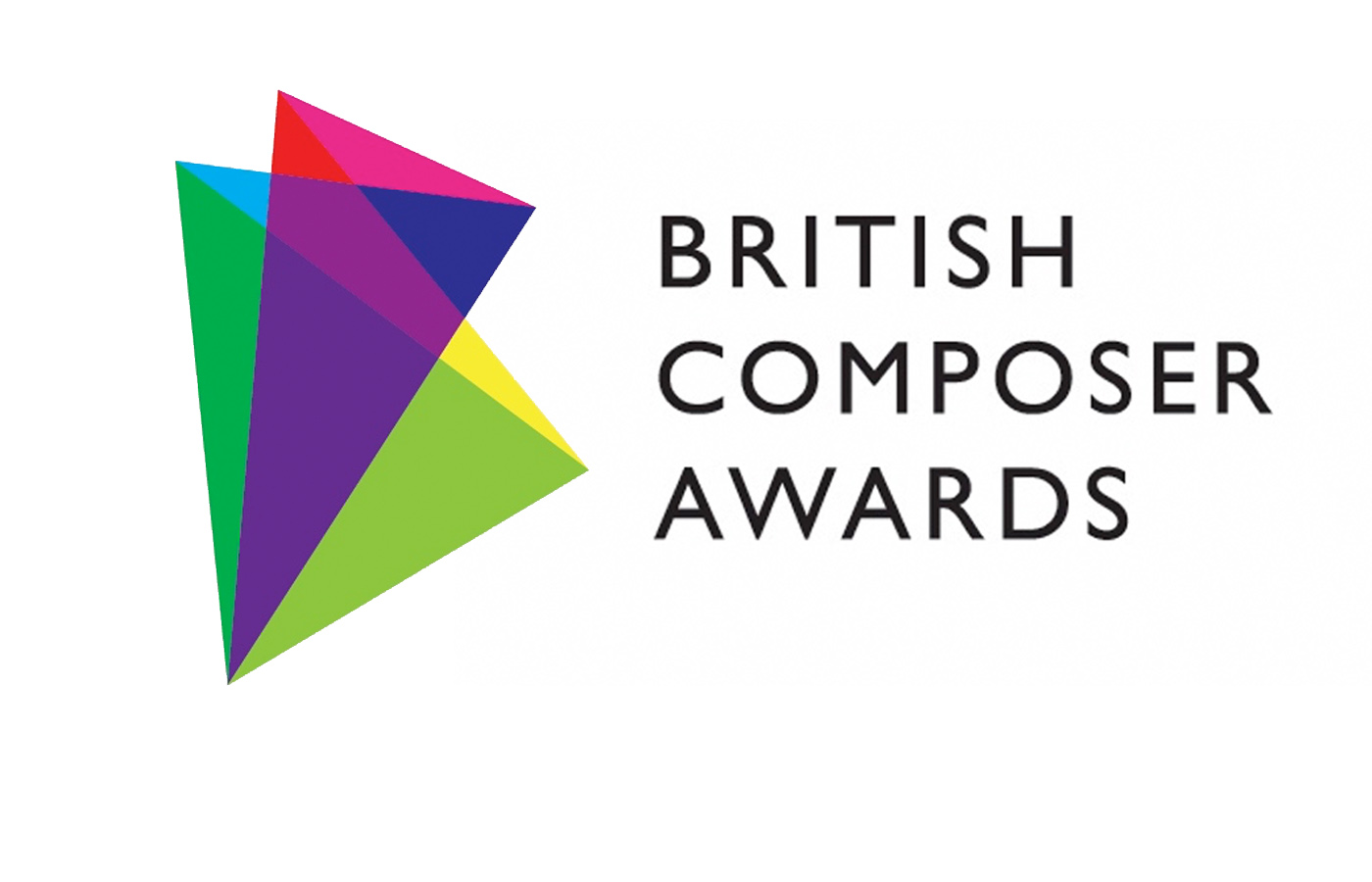
British Composer Award for 4.48 Psychosis
On Wednesday night, I won the British Composer Award for Best Stage Work, for 4.48 Psychosis. The awards, organised by BASCA and supported by the PRS for Music Foundation and…
-
London dates announced for revival of 4.48 Psychosis
Dates for revival performances of 4.48 Psychosis have been announced by the Lyric Theatre Hammersmith and the Royal Opera. The production, which premiered in 2016 at the Lyric Theatre, co-produced…
-

South Bank Sky Arts Award nomination
4.48 Psychosis has been shortlisted for the South Bank Sky Arts Award for Best Opera 2017. The awards ceremony is on 9th July at the Savoy Hotel in London, and covers…
-

RPS Composition Award for 4.48 Psychosis
I’m delighted to announce that I won the Royal Philharmonic Society Prize for Large Scale Composition for 4.48 Psychosis. The award ceremony took place at The Brewery Hotel in London, and was…
-
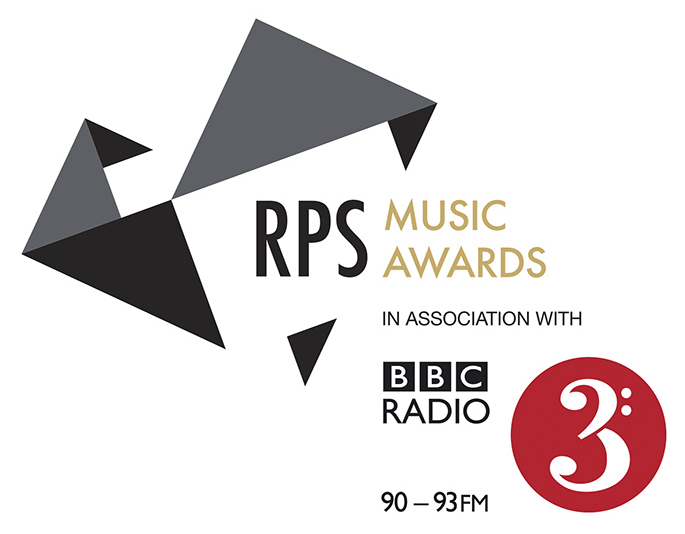
4.48 Psychosis shortlisted for two RPS Awards
4.48 Psychosis has been shortlisted in two categories for the Royal Philharmonic Society Awards 2017. The opera was nominate for the Large-Scale Composition award and the Opera & Music Theatre award. Both shortlists,…
-

Olivier Award nomination for 4.48 Psychosis
4.48 Psychosis has been nominated for an Olivier Award, in the category Best New Opera Production. The award ceremony is at the Royal Albert Hall on 9th April, and we…
-

4.48 Psychosis wins UK Theatre Award for Achievement in Opera
I’m delighted to say that we have just won the award for Achievement in Opera at the UK Theatre Awards 2016. The Royal Opera and Guildhall School of Music…
-

Introduction to my work and 4.48 Psychosis by John Fallas
Here’s a copy of the introductory essay to my work that John Fallas very beautifully wrote as an introduction to 4.48 Psychosis. It was commissioned by the Royal Opera for the 4.48 Psychosis…
-
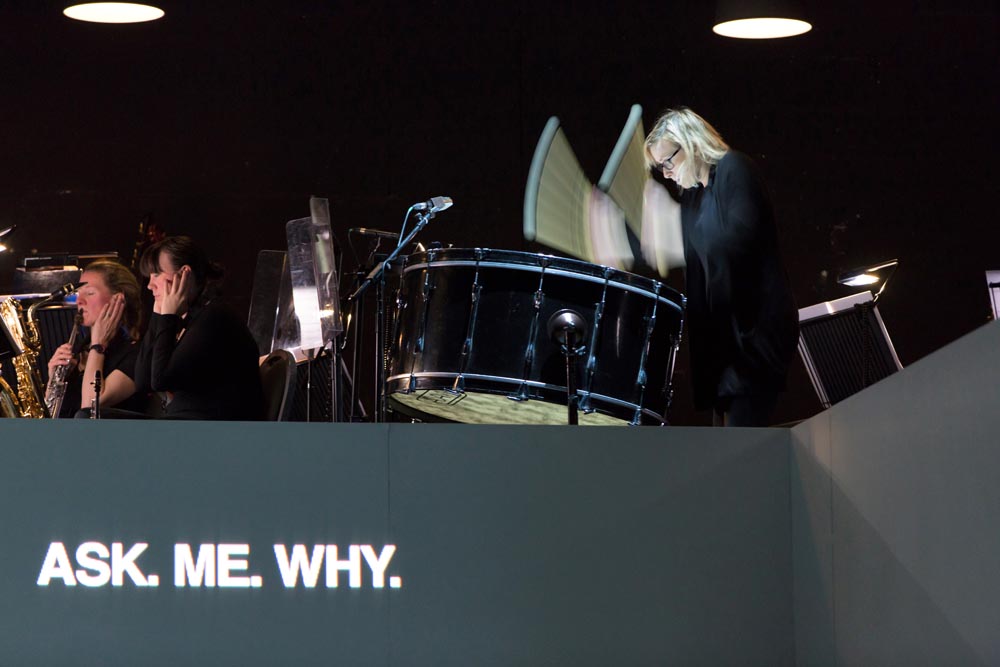
Stellar reviews for 4.48 Psychosis with the Royal Opera
The critics’ response to the world premiere of 4.48 Psychosis has been incredible. 4.48 Psychosis is my first finished opera, produced by the Royal Opera at the Lyric Theatre Hammersmith in…
